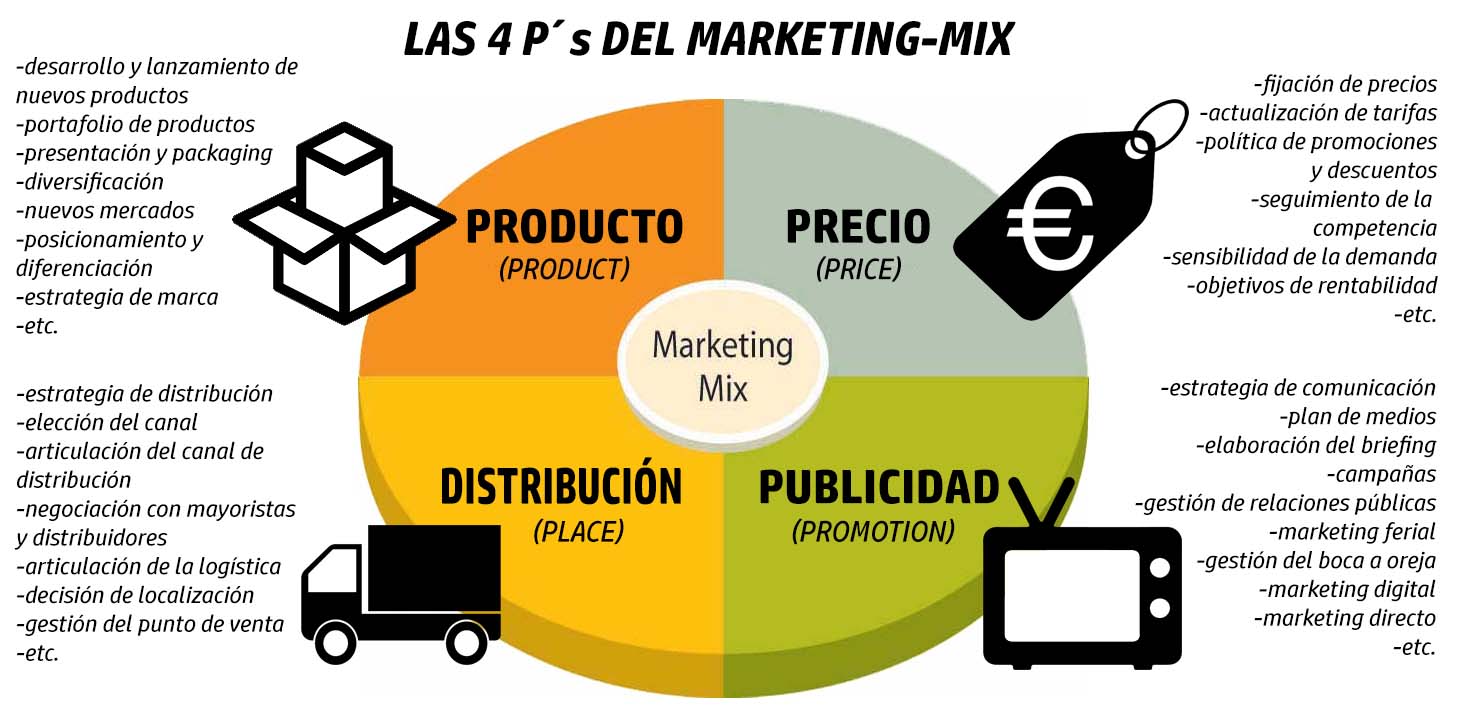Best led grow lights for indoor plants and seedlings in 2023
Table of Contents
Table of Contents





Can Indoor Light Help Plants Grow?
Growing plants indoors can be a rewarding hobby, but it can also be challenging to provide the necessary light for optimal growth. Many gardeners wonder if indoor light can effectively help plants grow or if they need specialized grow lights. In this article, we will explore the benefits of indoor light for plant growth and provide insights into maximizing your plant’s potential.
Pain Points of Indoor Plant Growth
When it comes to indoor plant growth, there are several pain points that gardeners often encounter. These include:
- Lack of natural sunlight
- Insufficient lighting for photosynthesis
- Poor growth and development
- Difficulty in maintaining a healthy indoor garden
Addressing these pain points is crucial to ensure successful plant growth and a thriving indoor garden.
Can Indoor Light Help Plants Grow?
The answer is yes, indoor light can help plants grow, but it may not be sufficient on its own. While natural sunlight is the best source of light for plants, indoor light can supplement and provide the necessary energy for photosynthesis. Plants require specific wavelengths of light, such as red and blue, to carry out photosynthesis effectively. Indoor lights that emit these wavelengths can promote plant growth and development.
However, it’s important to note that not all indoor lights are created equal. Depending on the type and intensity of the light, plants may not receive the ideal amount of energy required for optimal growth. This is where specialized grow lights, such as LED grow lights, come into play. These lights are designed to emit the specific wavelengths needed for photosynthesis and can closely mimic natural sunlight.
In summary, while indoor light can help plants grow, it is essential to choose the right type of light and ensure it provides the necessary intensity and wavelength for proper photosynthesis.
Best Practices for Indoor Plant Growth
To maximize the benefits of indoor light for plant growth, consider the following best practices:
- Position your plants near a window to take advantage of natural sunlight.
- Supplement natural light with indoor lights that emit the right wavelengths for photosynthesis.
- Choose LED grow lights for efficient and effective plant growth.
- Monitor your plant’s light exposure and adjust accordingly to prevent overexposure or deprivation.
- Provide consistent and appropriate watering and fertilization to support healthy growth.
Conclusion: Can Indoor Light Help Plants Grow?
Indoor light can indeed help plants grow, but it is essential to understand the specific lighting requirements of your plants and provide them with the necessary intensity and wavelength. By utilizing natural sunlight, supplementing with indoor lights, and following best practices for indoor plant growth, you can create an environment that fosters healthy and thriving plants indoors.
Personal Experience with Indoor Light and Plant Growth
As an avid indoor gardener, I have experienced firsthand the benefits of using indoor light to help plants grow. When I first started my indoor garden, I relied solely on natural sunlight. While some plants thrived, others struggled to receive enough light, resulting in stunted growth and pale leaves.
Realizing the need for additional light, I invested in LED grow lights that emitted the specific wavelengths needed for photosynthesis. The difference was remarkable. My plants started to grow more vigorously, with vibrant leaves and stronger stems. They reached their full potential, and I was able to cultivate a diverse and thriving indoor garden.
Indoor light can truly make a difference in the growth and development of plants, allowing you to enjoy the beauty of nature within your home.
Question and Answer
Q: Can any indoor light be used to help plants grow?
A: Not all indoor lights are suitable for plant growth. Plants require specific wavelengths of light, such as red and blue, for photosynthesis. LED grow lights or specialized plant lights are recommended for optimal results.
Q: How long should plants be exposed to indoor light each day?
A: The duration of exposure to indoor light depends on the type of plant and its light requirements. Generally, most indoor plants require 12-16 hours of light per day for healthy growth. However, it’s essential to research the specific needs of your plants to provide them with the right amount of light.
Q: Can indoor light replace natural sunlight completely?
A: While indoor light can supplement and provide energy for plant growth, natural sunlight is still the best source of light. It is recommended to position your plants near a window to take advantage of natural sunlight, especially during the warmer months.
Q: Do all plants require the same amount of light?
A: No, different plants have varying light requirements. Some plants thrive in bright, direct light, while others prefer indirect or lower light conditions. Researching the light needs of your specific plants will help ensure their optimal growth.
Conclusion of Can Indoor Light Help Plants Grow
Indoor light can be a valuable tool in helping plants grow and thrive. By understanding the lighting needs of your plants, choosing the right indoor lights, and following best practices for indoor plant growth, you can create an environment that promotes healthy and vibrant plant growth. Whether you choose to utilize natural sunlight or supplement with specialized grow lights, providing the necessary light for your plants will result in a beautiful and flourishing indoor garden.
Gallery
These Growing Lights For Indoor Plants Will Transform Your Home
Photo Credit by: bing.com /
Best LED Grow Lights For Indoor Plants And Seedlings In 2023
Photo Credit by: bing.com /
Grow Lights For Indoor Plants And Indoor Gardening: An Overview
Photo Credit by: bing.com /
Grow Lights For Beginners: Start Plants Indoors | The Foodie Gardener™
Photo Credit by: bing.com / indoors foodiegardener bovshow
Can Indoor Plants Actually Affect Your Home's Oxygen?
Photo Credit by: bing.com / oxygen affect actually






